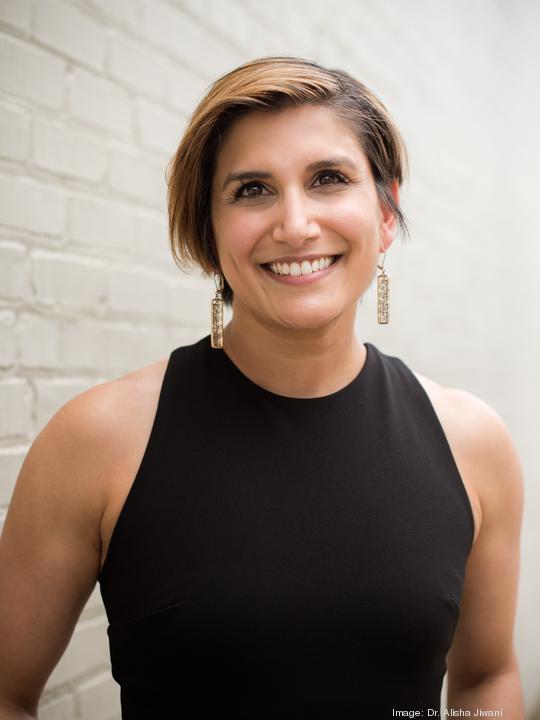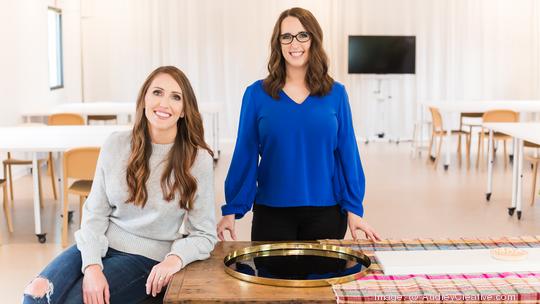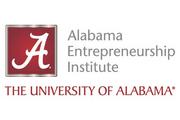
In 2022, venture funding for female-founded companies declined year-over-year, including for companies with at least one female founder and those with only female founders.
Companies with at least one female founder had raised about $38 billion in venture funding over 3,503 deals as of December of 2022, while startups with only female founders garnered $4.3 billion over 926 deals, according to PitchBook data.
The verdict is mixed, as those numbers represent sharp declines from 2021, yet they are still the second-highest annual totals on record.
While funding for female-founded companies declined year-over-year, the share of female co-founded VC capital ticked up to 15.4% of total United States VC funding as of December 2022, the highest it's been since 2017.
For female-only founded startups, however, that number was decidedly bleak — around 2%, the lowest it has been since 2016.
Overall, venture capital flowing into startups founded by women remains a "stubbornly low" percentage of venture capital investment activity, according to PitchBook, vastly smaller than the percentage allocated to startups founded by men.
Local founders weigh in
Birmingham-based female startup leaders said there are several factors that contribute to this trend.
Dr. Alisha Jiwani is a burn surgeon and the founder of Birmingham-based Nia Benefit Corp., a virtual burn clinic, who is working to fill a gap when it comes to access to burn care in Alabama. Her startup, Nia, was named a 2023 Alabama Inno Startups to Watch and was accepted into the fall 2022 gener8tor Huntsville Investment Accelerator and gBETA Huntsville Accelerator.

Jiwani said venture capital can be a "boy's club."
"They tend to stick to their networks which perpetuates the problem," she said. "In general, female founders are considered to be less competent than their male counterparts — in presentation, in confidence, in strength, ability to negotiate, etc. Like we’re the 'weaker' half."
Elizabeth Anderson, CEO and co-founder of LunarLab, said the low percentage of funding that goes to female-backed startups reflects bias in the system.
Anderson co-founded LunarLab, which recently became a benefit corporation, with Kelli Lucas. Anderson was honored at the 2022 BBJ CEO Awards and 2022 Women to Watch.

"Launching a startup is hard, and seeking funding is one of the biggest hurdles that founders face," Anderson said. "Unfortunately, the data are clear that the deck is stacked against female founders. And it's particularly difficult for Black female founders: while only 1.9% of funding went to women founders overall in 2022, that number was less than 1% for Black women."
Anderson pointed out that the lower likelihood of obtaining funding puts women-led companies at a disadvantage that means female founders have to work twice as hard.
"I don't have access to regional data, but so many of us know amazing, accomplished women founders with great ideas — in Birmingham and beyond — who have struggled to get funding," Anderson said. "It's a troubling trend, because when women can't access capital, of course this disadvantages them economically. And because women-founded startups also tend to hire more women, the problem spreads to job creation and unemployment."
She said to address the issue, it is essential for VC firms to acknowledge the problem and understand why it exists. Only about 12% of decision-makers at VC firms are women, according to data from Axios.
"Of course this doesn't mean that VC firms should back women-led startups simply because they're led by women, but they should look at their own firm's data and work to eliminate any institutional biases or barriers," Anderson said."
Jiwani said the situation leads to female founders supporting each other and creating female-only founder groups and fundraising campaigns.
"The general course is that guys get an idea and they springboard off, jumping right into fundraising off an idea," she said. "For women, the pressure is on for us to have these robust business models and financial assessments and plans. The expectations are wildly different — more is expected of and from us, than a dude sitting with his buddies or with investors having a drink and scribbling something on a napkin. This happens all the time."
The way Jiwani approached fundraising for her own company was influenced by this culture. She went beyond asking traditional questions to ensure that the people she was approaching were committed to supporting real causes.
"If you peer into the female founders’ stories here, you find that there is some male figure backing or promoting them or paving the way," Jiwani said. "Many of them are married to husbands who can support them entirely, or they find male co-founders or join groups. Data shows that when females partner with males, they’re more likely to be taken seriously and get more funding than being a solo female founder or even all-female led."
This sentiment is echoed by PitchBook data, which illustrates that startups with mixed-gender co-founders garnered a significantly higher share of venture capital first financings last year compared with startups with all-female founders.
"I don’t fault these women here in Birmingham," Jiwani said. "They’re wise enough to see how to get ahead, and they’re using their resources. ... What this does though, ultimately, is perpetuate the existing culture here that is unwelcoming of change, true innovation and competition."




